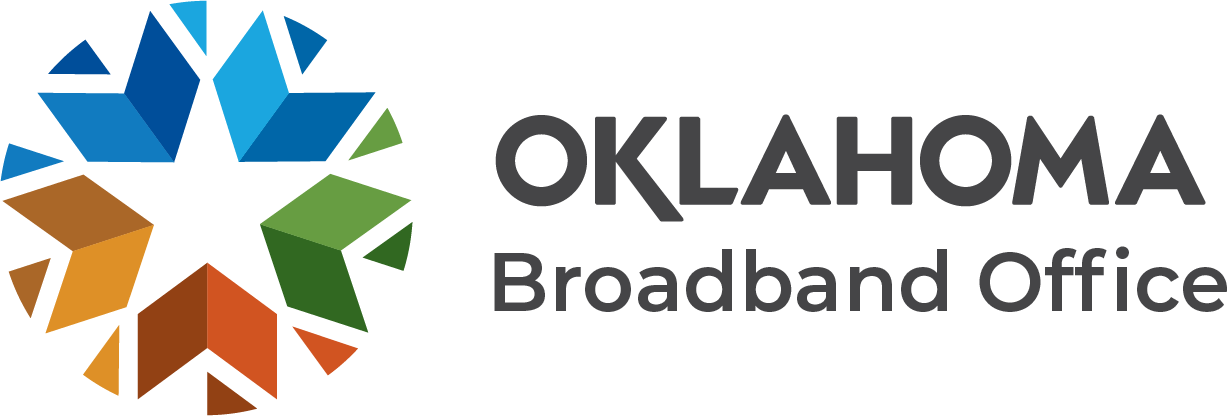Initial Proposal Volume I has been approved by NTIA.
In compliance with federal guidance, the BEAD Initial Proposal Volume I focuses on existing funding, unserved and underserved locations, community anchor institutions, and a challenge process.
View Initial Proposal Volume I
Community Anchor Institutions (CAIs) play a critical role in delivering internet access and relaying information to residents. CAIs include, libraries, community centers, and other public entities that assist Oklahomans with critical high-speed internet required in our everyday lives.
View Oklahoma's Community Anchor Institutions
Click here to learn more about BEAD.


